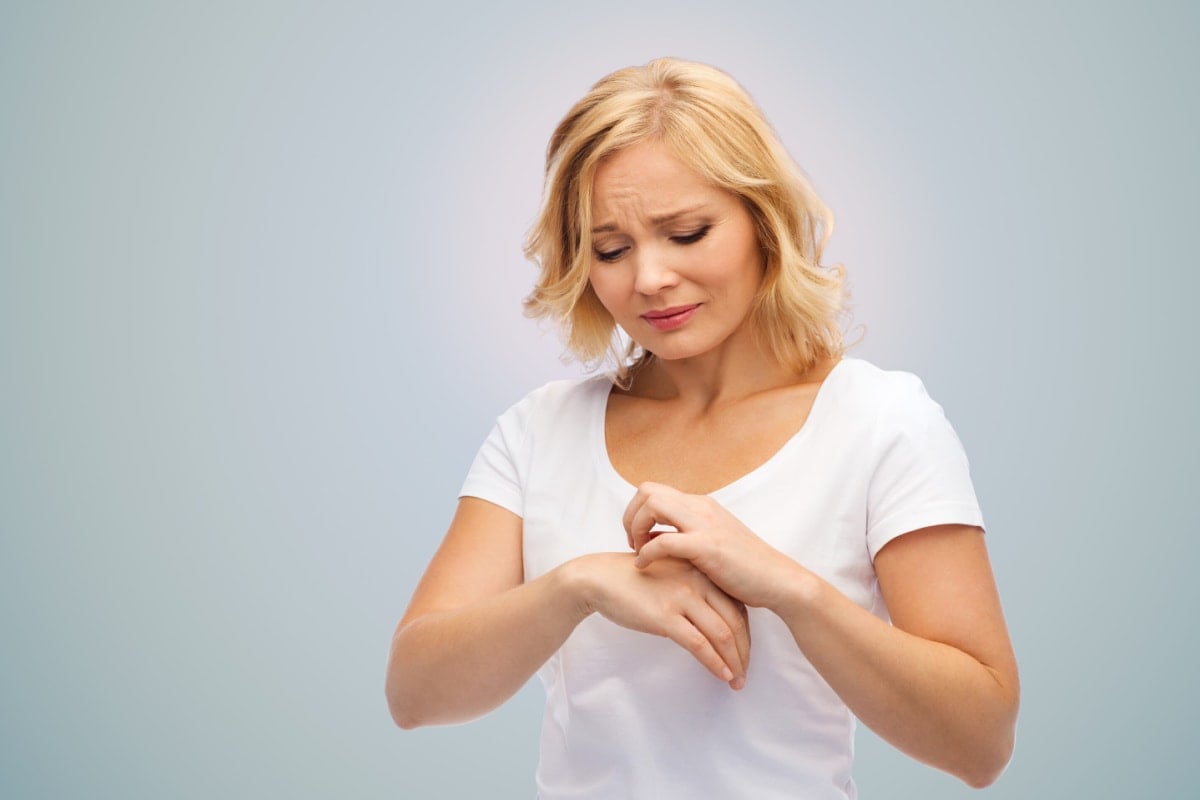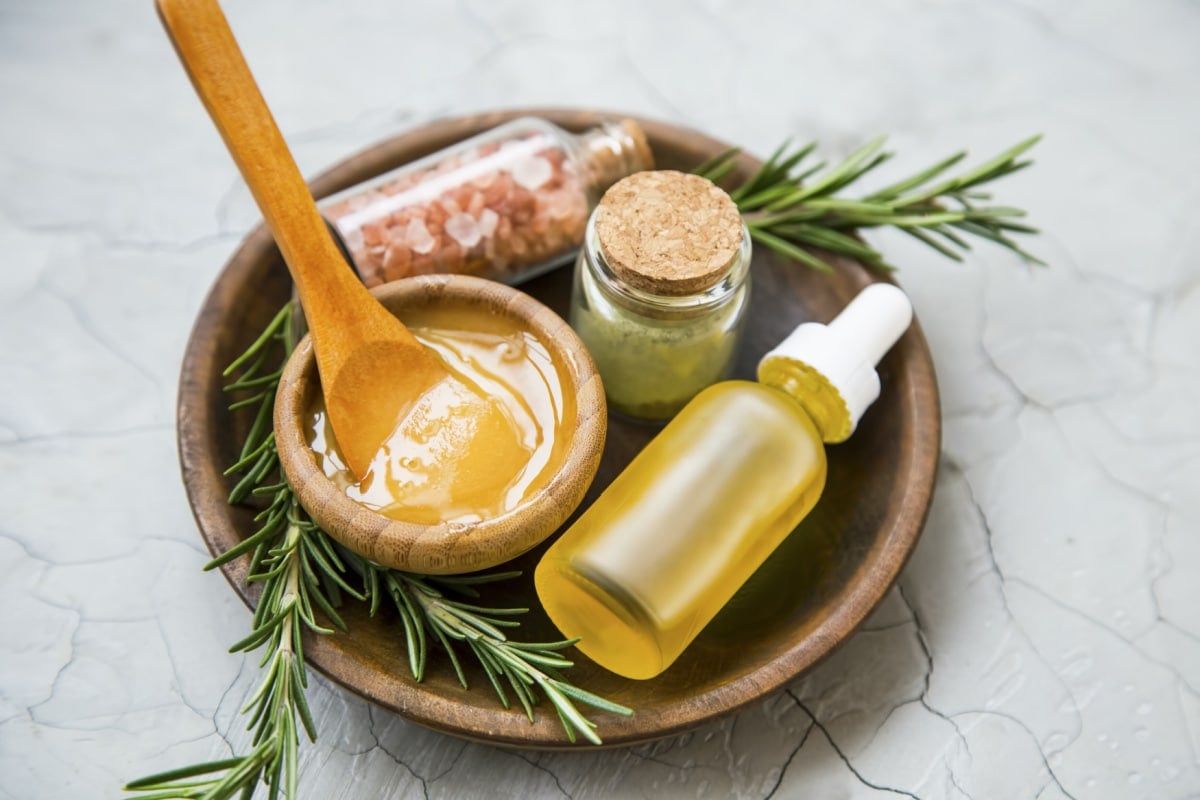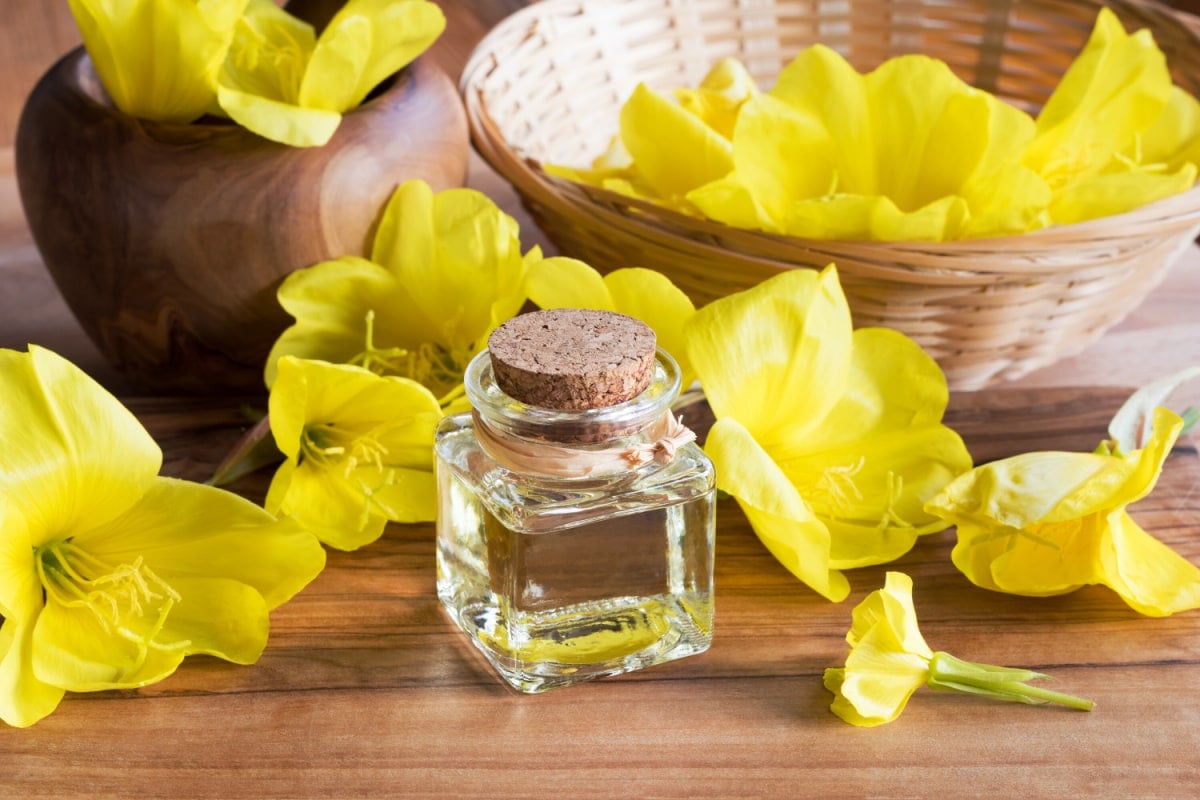10 Eczema Home Treatments That Work
Are you tired of dealing with the constant itchiness and discomfort caused by eczema? While prescription medications can be effective, they often come with unwanted side effects. Luckily, there are eczema home treatments that can help soothe your skin and ease your symptoms.
According to research, there is no cure for this skin condition. However, there are various remedies that alleviate the symptoms and minimize the flares.
This article encompasses the available home treatments alongside lifestyle changes you can make to reduce the flares.
From natural remedies like apple cider and oatmeal baths to lifestyle changes such as stress reduction techniques, these tips will have you feeling comfortable in your own skin again in no time.
What is Eczema?
Eczema is a common skin condition that can cause the skin to become dry, itchy, and inflamed. It is often seen in children but can occur at any age. There is no cure for eczema, but there are treatments that can help control the symptoms.
There are different types of eczema, but the most common is atopic dermatitis. This type of eczema is often seen in people with allergies or asthma.
Atopic dermatitis usually starts in childhood and often improves with age. However, some people may continue to have symptoms into adulthood.
The exact cause of eczema is unknown, but it is thought to be due to a combination of genetic and environmental factors.
Eczema may be triggered by things such as allergens, irritants, stress, and changes in temperature or humidity.
Eczema can be uncomfortable and frustrating, but there are treatments available that can help to relieve the symptoms. These include over-the-counter and prescription medications, as well as home remedies.
Common Symptoms of Eczema
Eczema may look different in every person. To avoid misdiagnosing and confusing with other conditions such as mycosis or psoriasis, visit a dermatologist for a professional assessment.
Here are some of the common symptoms you should be aware of.
- Itchy skin
- Dry skin
- Rashes on the skin
- Bumps (painless)
- Leathery patches on your skin
- Flaking and scaling of the skin
- Straw-colored crust
- Swelling
You will likely be dealing with eczema if you notice any of the above on your hands, neck, knees, feet, face (cheeks), lips, elbows, or ankles.
What Causes Eczema?
There are many potential causes of eczema, and it is often a combination of several factors that leads to the development of the condition. Possible causes of eczema include:
Genetics
Eczema can be hereditary, so if you have a family history of the condition, you may be more likely to develop it yourself.
Irritants
There are many potential irritants that can trigger eczema flare-ups. Some common ones include:
- Soaps and detergents
- Certain fabrics, such as wool or synthetic materials
- Dust mites
- Animal dander
- Pollen
- Mold spores
- Smoke
- Strong chemicals, such as bleach or ammonia
If you have eczema, it’s important to avoid exposure to these potential irritants as much as possible. If you can’t completely avoid them, take steps to minimize your exposure, such as using milder soaps and detergents or wearing loose-fitting clothing made of natural fibers.
Weather
There are many different weather conditions that can cause eczema flare-ups. These include:
- Hot, humid weather: This can cause sweating, which can make eczema symptoms worse
- Cold weather: This can dry out the skin, which can lead to cracked, bleeding skin
- Windy weather: This can further dry out the skin and irritate already sensitive skin.
All of these weather conditions can trigger an eczema flare-up, so it is important to be prepared. If you know that certain weather conditions make your eczema worse, take steps to protect your skin ahead of time. For example, if you know that hot, humid weather will be a problem, try to stay indoors as much as possible.
Dry skin
Dry skin can be a symptom of eczema, but it can also be a standalone condition. It occurs when the body doesn’t produce enough oil to keep the skin moisturized.
This can happen for a variety of reasons, including weather changes, using harsh soaps, and not drinking enough water.
Dry skin can lead to itching, cracking, and even bleeding. If you have eczema, dry skin can make your symptoms worse.
Be sure to keep your skin hydrated by drinking plenty of water and using a mild soap. You may also need to use a moisturizer more often than usual.
Emotional Triggers
How have you been managing your mental health? If you are unaware, your skin will give you an excellent pointer to what is happening.
When experiencing high levels of stress, depression, or anxiety, you will get more flare-ups than when you are stable.
During this time, your body releases stress hormones such as adrenaline and cortisol. The two affect various body functions, including stimulating pro-inflammatory skin cells, which may manifest in skin flare-ups.
Eczema Home Treatments That You Should Use
While there is no cure for eczema, there are treatments that can lessen the symptoms. Here are some eczema home treatments that you should use:
1. Aloe Vera Gel
Aloe vera is a medicinal plant and has been used for medicinal purposes for hundreds of years.
Research shows that aloe vera gel (from the leaves) contains antibacterial and antimicrobial properties that help heal wounds. These properties also soothe eczema skin and prevent more skin infections that you could suffer.
The best form of the aloe vera gel is the fresh one obtained directly from the aloe vera plant. However, you can always use natural aloe gel products if you cannot find the plant. Be very careful with extra ingredients such as alcohol, colors, and fragrances, as they can irritate the skin.
To use aloe vera for eczema, apply it directly to the affected area. Start by applying a small amount and noting how you feel to determine the ideal amount. If you feel a burning or stinging sensation, your skin could be sensitive, and you need to discontinue.
2. Apple Cider Vinegar
Apple cider vinegar (ACV) is a popular product in many households. Some use it for cooking, cleaning, while others drink it in water.
According to research, this vinegar may help balance the skin’s acidity levels, especially when fighting eczema.
ACV has a pH of 2-3 and is considered mildly acidic. The skin, on the other hand, is also acidic. However, people with eczema may have less acidic skin, which weakens the skin’s protective layer. So adding ACV to your treatment regime can help restore the skin pH levels.
Furthermore, research suggests that ACV can help fight bacteria such as Escherichia coli and Staphylococcus aureus, which may cause the skin to flare up even more.
To use this remedy, dilute equal parts of ACV and water, then apply it to the skin. Leave it for 15 minutes before rinsing it off with warm water, then follow with a moisturizer. Repeat this daily for about five days or until you see some improvements.
3. Manuka Honey
Natural manuka honey is another natural remedy that can work wonders when managing eczema. A study in 2017 found that applying manuka honey, olive oil, and beeswax made the skin smoother and improved cases of atopic dermatitis and psoriasis.
Research also shows that honey has antibacterial properties that can help protect the skin against infections.
For effective results, apply your honey in the evening and leave it overnight. Start by using a thin layer of honey on the eczema-affected area. Proceed to cover it with a bandage and let it stay overnight.
Remove the bandage dressing in the morning and clean it with lukewarm water. The symptoms from the eczema flare should clear within a fortnight.
4. Colloidal Oatmeal
Scientifically known as Avena Sativa, colloidal oatmeal comes from the ground and boiled oatmeal. According to research, this oatmeal contains antioxidant and anti-inflammatory properties that can help alleviate skin dryness, roughness, and scaling.
You can easily powder the colloidal oatmeal and use it in a warm bath. Alternatively, you can also use lotions and moisturizers with colloidal oatmeal.
Like most manufactured products, you must be careful not to use those with additives that may worsen your symptoms.
Since it is a natural product, colloidal oatmeal is ideal for most people. However, if you have an allergy to oats, you should avoid it.
5. Evening Primrose Oil
Primrose oil is often used to massage and soothe inflamed and irritated skin. The oil comes from the evening primrose plant and is a good source of omega-6 fatty acids and gamma-linolenic acid. These two possess anti-inflammatory properties that lower inflammation and enhance the skin’s appearance.
Additionally, the oil boosts the immune system and increases the healing speed. You can take it orally to treat systemic inflammation or apply it topically on the affected areas.
Other oils you can consider for eczema include coconut, sunflower, and tea tree oil. These three oils have high antibacterial and anti-inflammatory properties that relieve the skin’s dryness, reduce itchiness, and prevent further infections.
Before using essential oils, dilute them with carrier oils such as almond or olive oil. This reduces the chances of irritation, which can make eczema worse.
6. Apply a cold compress
If you have an itch that won’t go away, try applying a cool compress to the affected area for relief. You can make a compress by soaking a clean cloth in cold water and then applying it to your skin for several minutes at a time.
7. Improve your diet
When it comes to eczema, what you put into your body is just as important as what you put on it. Eating a healthy diet and avoiding processed and sugary foods can help reduce inflammation and keep your skin healthy.
There are a few things to keep in mind when following an eczema-friendly diet:
- Eat plenty of fresh fruits and vegetables. These are packed with nutrients that can help reduce inflammation and improve your skin health.
- Avoid processed foods, artificial additives, and sugars. These can all trigger eczema flare-ups or make them worse.
- Incorporate healthy fats into your diet. Good sources of healthy fats include olive oil, avocado, nuts, and seeds. These help reduce inflammation and keep your skin moisturized.
- Drink plenty of water. Staying hydrated is important for overall health, but it can also help keep your skin from becoming dry and irritated.
8. Stress Management
When you’re stressed, your body produces more of the inflammatory chemicals that can make eczema worse. That’s why it’s so important to find ways to manage your stress.
There are a few different ways you can do this. One way is to find some calming activities that you can do when you feel yourself getting stressed.
This could be something like deep breathing exercises or meditation. Just taking a few minutes out of your day to relax can make a big difference in how your skin looks and feels.
9. Protect Your Skin from Extreme Heat
When temperatures outside are soaring, it’s important to take extra care of your skin if you have eczema. Here are some tips to help you protect your skin from extreme heat:
- Drink plenty of fluids: this will help to keep your skin hydrated from the inside out.
- Avoid direct sunlight: seek shade where possible, and wear loose, light clothing that covers your skin.
- Use good quality sunscreen with an SPF of at least 30: this will help to protect your skin from UV rays.
- Take regular cool baths or showers – this will help to soothe and hydrate your skin. Add a moisturizing agent such as colloidal oatmeal or petroleum jelly to the water to further protect your skin.
10. Wear Comfortable Fabrics
Naturally, your skin is sensitive. It even becomes more sensitive when you have eczema, which makes it more susceptible to irritation.
As such, fabrics that are rough and scratchy will be very uncomfortable. They cause friction and will be more aggravating to the skin.
You must choose loose-fitting garments made of natural fibers such as cotton, bamboo, and silk when selecting clothes. These materials will be more comfortable, gentle on your skin, and less likely to irritate.
Related Skincare Articles:
Conclusion
And there you have it! As you can see, there are many remedies to help you contain eczema. While it has no definite cure, natural gels, oils, and baths will soothe and reduce the symptoms.
It is important to note that the timeframe of the result depends on your body and the extent of the condition. In case the symptoms persist, you need to seek medical attention promptly.
If you enjoyed this post about Eczema Home Treatments and would love to see more, join me on Youtube, Instagram, Facebook & Twitter!
Get discounted copies of my cookbook here.
Fortunately, because of the ads on our website, readers and subscribers of Healthier Steps are sponsoring many underprivileged families.











